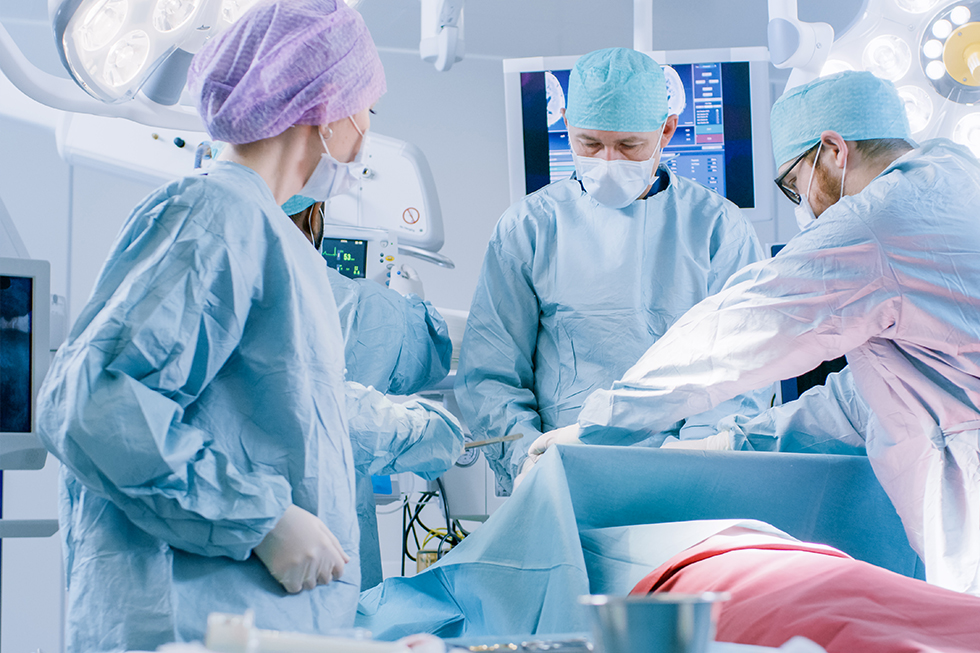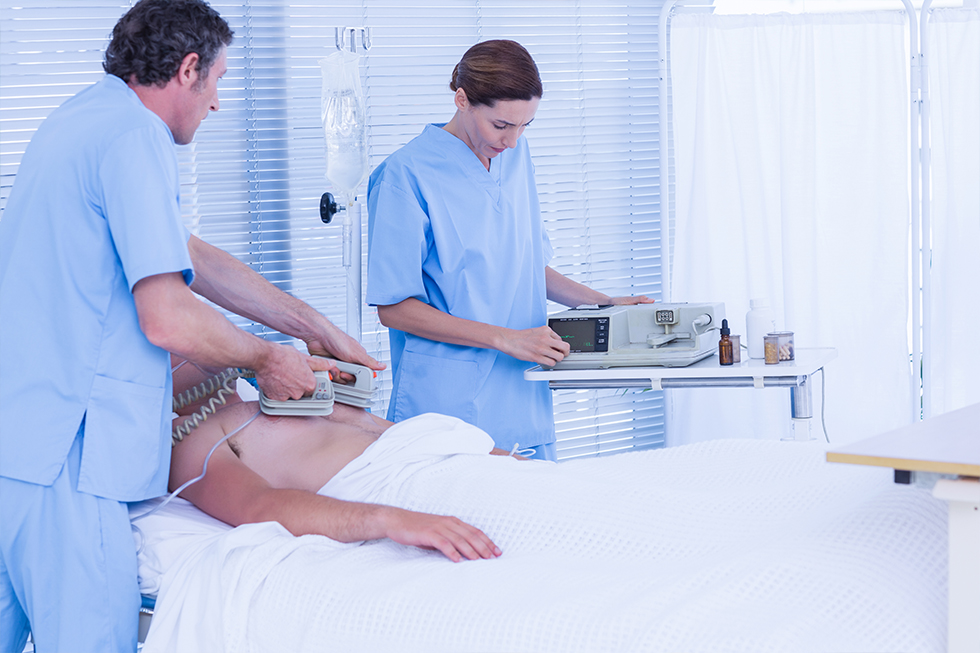What is the BIG Act (Wet BIG)?
In a previous blog we provided an overview on the Dutch nurse registration, BIG- Register, which is a component of the BIG Act. The BIG Act (in Dutch: “Wet op de beroepen in de individuale gezondheidszorg’; Individual Healthcare Professions Act) is known by its Dutch acronym “Wet BIG”. This Act contains a description of the expertise required for some health professions and its purpose is to ensure and regulate the qualifications of healthcare professionals to monitor the quality of the healthcare industry. Furthermore, it also protects patients from negligent and/or incompetent treatment by healthcare professionals.
The BIG Act classifies healthcare professions in three sections, these can be found in sections 3, 34 and 36a of the Act. Only those professions mentioned under section 3 are listed in the BIG register and fall under the disciplinary rule. In this blog we provide an overview into those activities (reserved actions) in which nurses can perform and are an essential part of the BIG Act.

What is a Reserved Action?
These are practices that should only be performed by specific professional groups which include, mainly, doctors, dentists, midwives, physician assistants and nursing specialists. There are 14 categories of reserved actions and for each category the law specifies which group may independently perform such action. Here we present to you the eight reserved actions relevant to nurses.
1. Surgical Procedures
Doctors, dentists, midwives, physician assistants and nursing specialists are allowed to perform surgical procedures such a surgery. However, preventive care nurse specialists and mental health care nurse specialists are not allowed to perform this procedure independently. Yet, ambulance nurses are allowed to perform a coniotomy functionally independently within their field of expertise. With an intervention, the airway is cleared so that the patient can breathe.
2. Endoscopies
An endoscopy is an examination that looks into body cavities. For example, an intestinal examination. Doctors, physician assistants, and nursing specialists may do this
3. Catheterizations
With a catheterization, substances are introduced or removed with a tube in body cavities. A well-known example is an IV (intravenous) infusion. Doctors, midwives, physician assistants and nursing specialists are allowed to catheterize. Yet, preventive care nurse specialists and mental health care nurse specialists are not allowed to perform this procedure independently.
Nurses may perform functionally independent bladder catheterizations in adults within their area of expertise. They may also insert a stomach tube or intravenous drip. Within their field of expertise, ambulance nurses are allowed to independently insert or remove a breathing tube through the nose or mouth into the trachea (in- and extubating). This also applies to the application of a drainage puncture in a complex collapsed lung (tension pneumothorax).
4. Injections
To give an injection to a patient, this are made with a hollow needle either in a body tissue or a blood vessel. The drug can be a medicine, but also a filler or saline solution, for example. Doctors, dentists, midwives, physician assistants and nursing specialists are allowed to inject. Nurses are allowed to give functionally independent injections into veins, into muscle tissue and subcutaneous tissue within their area of expertise.

5. Punctures
For a puncture, a healthcare professional uses a needle to remove fluid or tissue from an organ. Doctors, midwives, physician assistants and nursing specialists are allowed to perform punctures. Also, nurses are allowed to collect functionally independent blood with a hollow needle (venipuncture) and perform a newborn heel prick within their field of expertise.
6. Elective Cardioversion
In elective cardioversion, a health care professional reverses an irregular heart rhythm to a regular heart rate. Doctors, physician assistants and nursing specialists are allowed to perform this procedure. Ambulance nurses are allowed to use elective cardioversion functionally independently within their field of expertise.
7. Defibrillation
During defibrillation, a patient receives an electric shock so that the heart returns to normal beating. Doctors, physician assistants and nursing specialists are allowed to perform defibrillation. Ambulance nurses are allowed to use defibrillation functionally independently within their field of expertise.
8. Drug Prescription
Doctors, dentists, midwives, physician assistants and nursing specialists may prescribe prescription drugs within their field of expertise. However, different rules apply to the administration of medicines. For example, providing a drug via injection, it is considered a reserved action but providing a pill is not a reserved action. It must be considered on how the drug is provided. Drug prescription is a reserved action based on the Medicines Act.

Conclusion
In order to perform reserved actions as a nurse in the Netherlands, it is important to first be enlisted in the Dutch nurse registration, BIG-Register. Then depending on your specialization such actions can vary. Thus, we recommend going over the register to obtain more information on the regulations that apply to your case.
Are you looking to work in Dutch healthcare?
EMTG is a company that supports European nurses in the trajectory to obtain the BIG register while gaining professional experience in the Netherlands and Dutch language skills. EMTG has created an EMTG program that begins with an intensive Dutch language course and a fixed job contract at a Dutch health care organization.
Let EMTG help you build your healthcare career in The Netherlands.